Bruce Pascoe Black Duck book extract and his solution to the Indigenous aimlessness crisis
Marcia Langton warns that many of our people aren’t work ready and it’s true. The solution? Food.
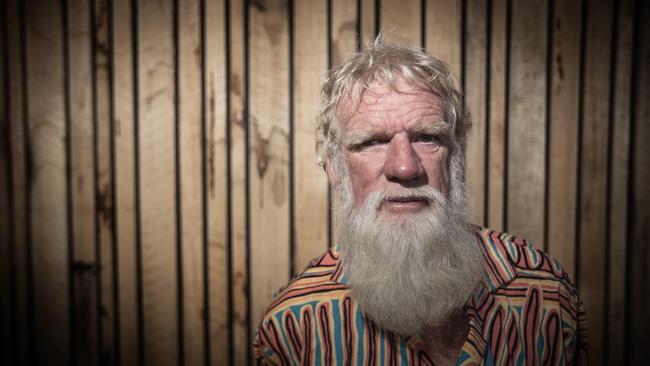
We walked around the town looking for a meal and a beer. Alice Springs is not scary, but the town has a lot of bored black people on the streets, some of them bored and drunk. Most are kids. Unemployment, ice and alcohol are scourges in our community. Suspicion of government is rife, involvement in available health services is low.
Why?
Well, you run your country perfectly for 100,000 years and then one day the whole thing is snatched away from you. You get treated like animals, shot and raped, the church tells lies about your culture, the school history lessons advise of your inferiority, people gnash their teeth about whether or not to include you in the Constitution. Then see how resilient you are.
Traumas like that do not go away quickly, but how have some families risen above the reverberations of dispossession and others have descended into endless desperation and the poverty that haunts misfortune? Many families have not had an employed person beneath their roof for over three generations. You cannot mount a resistance to dispossession while living under such relentless disadvantage.
So, here’s the dream.
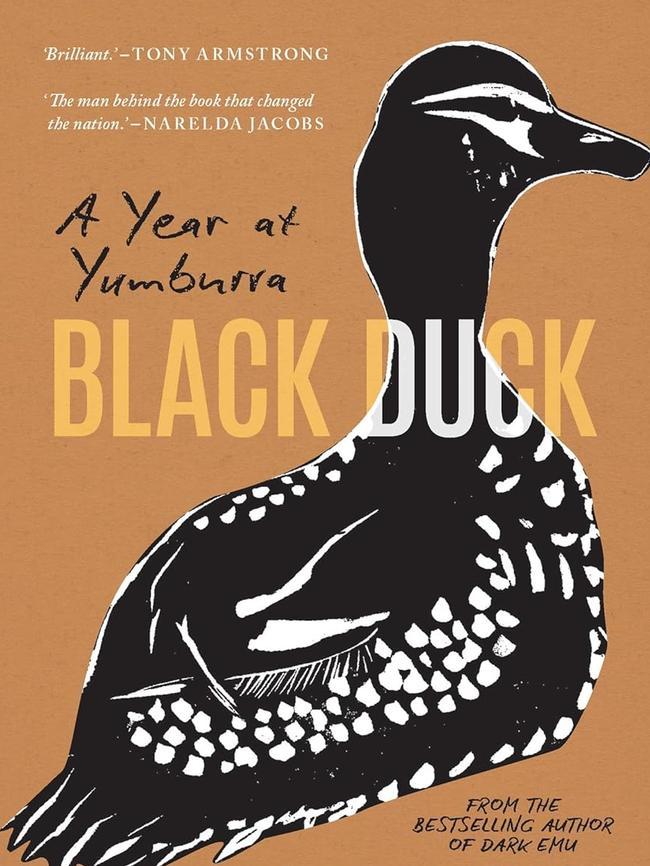
We point out to the government that of all the millions made from Indigenous food, only 1 per cent goes to Aboriginal people. We tell them that we will take over all their Aboriginal employment programs and train our people to reform Australian forests and national parks by thinning and cool burning. We employ thousands and thousands in the forests and, in the agriculture and food industry, we employ thousands more.
Professor Marcia Langton, Associate Provost at Melbourne University, cautions that many of our people aren’t work ready and it’s true. So many Aboriginal people have no experience with the demands of work and planning for it. It is not beyond us, but it is learnt behaviour; you learn it by watching your parents do it, not from a dopey training program designed only to calm the hearts of decent Australians.
I have seen Aboriginal people trained and trained to do menial tasks by non-Aboriginal people who are simply going through the motions, knowing that there is no job available.
On the other hand, I have seen Aboriginal people trained by other Aboriginal people with entirely different results. It works when slackness isn’t tolerated. Government programs can’t do this because they are toy programs, there is no urgency or real expectation of them being completed or honoured.
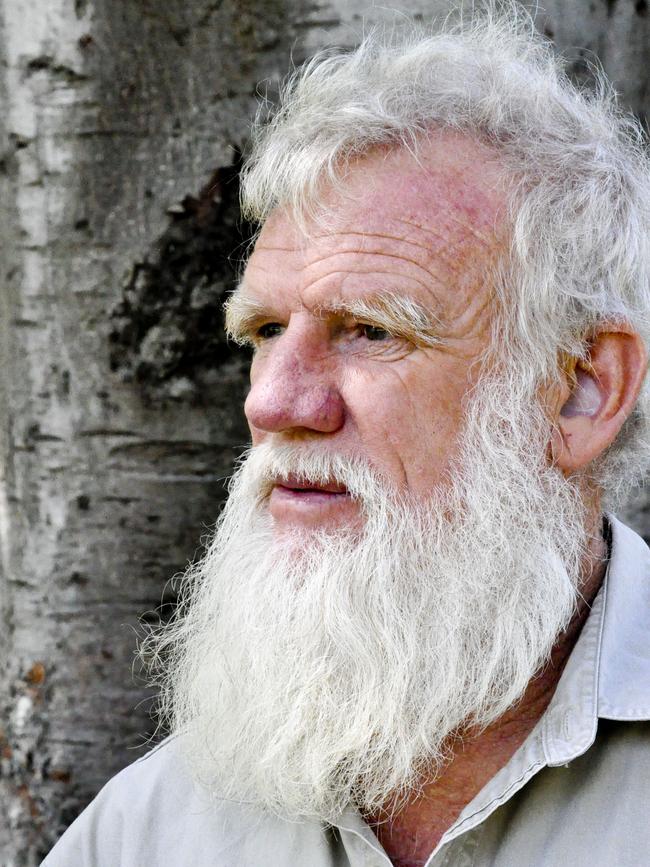
On the farm, the jobs have to get done, your brothers and sisters depend on your commitment. In the forest it works the same, it requires a team to make the job safe. If someone is away, the job can’t be completed and everybody suffers.
For that commitment and skill you get paid, your children have shoes, their teeth are fixed and nobody, nobody can tell you what to do.
I have stood in Centrelink queues with Aboriginal people who have needed support in putting their case. It is demoralising, a waste of time and energy, and the department owns you. Many of the staff are good people but their rules mean they have to treat adults like children and that means people learn to behave like children; always in the naughty corner.
I see a different future. I see us being able to honour our relationship with Mother Earth to improve Australian agriculture and forestry. We can develop a truly Australian cuisine based on the old food production techniques and, instead of stealing it from us, Australia pays us for the produce and, in doing so, we reduce carbon emissions, we preserve scarce water resources and we build soil, because ours are Australian plants, they do not have to be coddled like hothouse flowers.
These are not platitudes, we actually perform these miracles on the farm, but it’s not magic, it’s the result of simply treating Australia like herself.
In the dream I see our community buy one of the four bakeries which have closed down in our district over the past few years. We train our kids to be bakers and retailers, then we buy the local pub and turn it into a top-class cafe and restaurant. We train our people to be chefs and waiters, managers, retailers.
We buy the old petrol station which closed a decade ago and turn it into an electric vehicle recharge hub. Then we buy the tour boat and train half a dozen young people to get a coxswain’s certificate (to allow them to operate a boat in sheltered waters) and run bird and history tours around the lakes. Recently we could have bought all of those things for less than $1 million. I have seen stores of boots and clothing for abandoned training programs worth twice that amount.
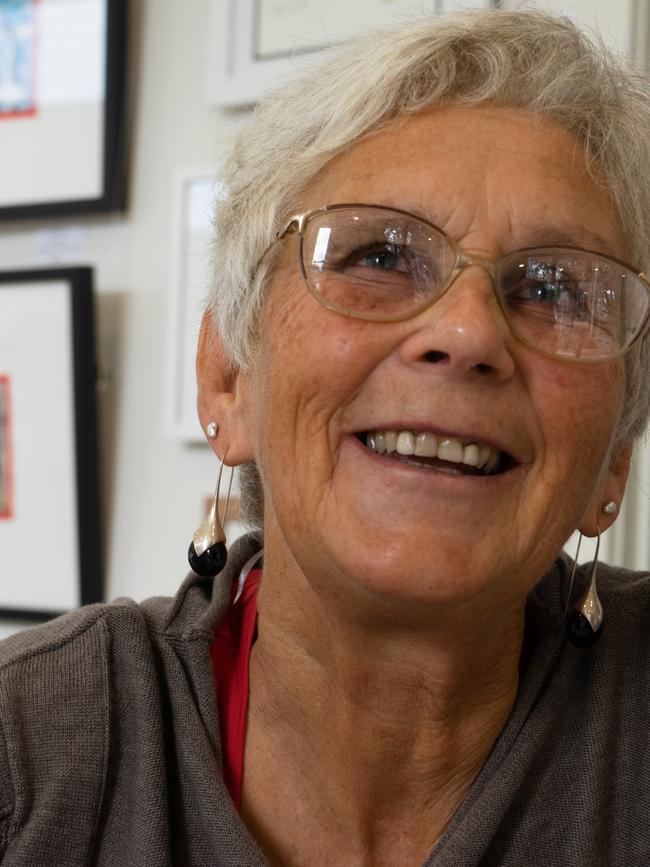
What an investment it would be. What a return on the country’s investment. What pride and independence for the people. I think we could make massive change to our country very cheaply but Australia will have to let go of its mission complex. Don’t contemplate what can be done to fix Aboriginal people but instead begin thinking about how depleted Australian forests and farms can be revived with Aboriginal involvement.
I look forward to the day when Australians think nothing of eating seared lily root and roo curry with kangaroo grass bread and warrigal green tapenade.
Looking west from our farm, a flat hill can be seen as a blue blur between two closer mounts. Yuin man Graham Moore told us this is the giant damper that two greedy brothers tried to hide to have all to themselves. To punish their selfishness, Daramah, the great creator, called up a violent wind which felled the trees and brought the damper down on the brothers, killing them.
Many of our legends are about the sin of greed, but they also remind us that the story of breadmaking is attached to our soil, that we are following a tradition so ancient that it has its own story etched in the land. The old people prepared their bread and tubers right where we do and the cautionary tale of the greedy brothers peeps at us from the surrounding hills. We are reassured that we are following ancient lore.
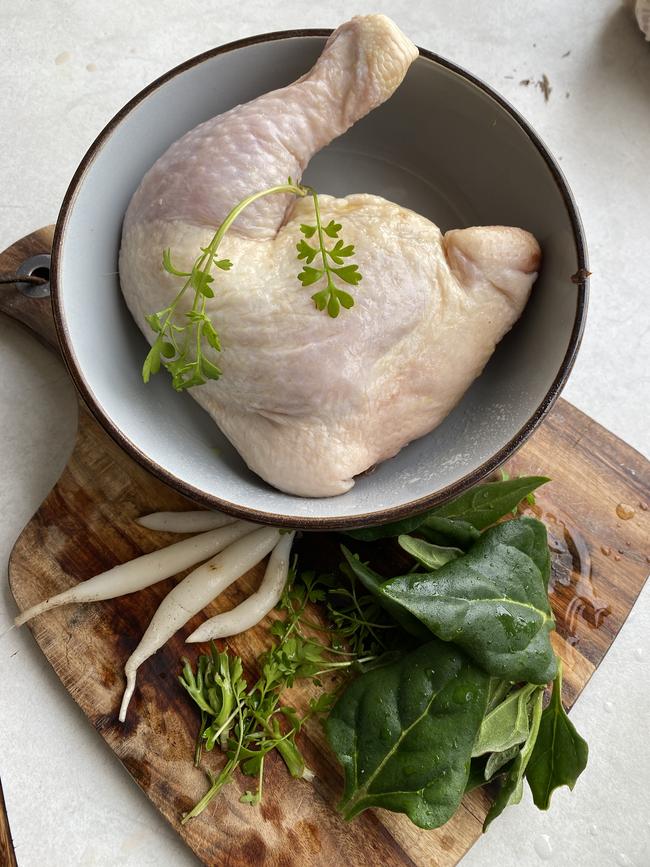
Some have said baking was unknown in southern districts but there are several stories which make it obvious that breads were made all over Australia. The greedy brothers’ story is told in many locations and we are glad to have our local version of the tale but, more importantly, it is a daily reminder, as we look up from the labour in the paddocks, that bread is part of our culture. We are aware of ancient food provision when we turn up stone tools. We found a wonderful edge-ground axe near our shed.
I am convinced that when the Australian people recognise Aboriginal people as the first peoples and acknowledge that the country was stolen from a viable society and economy all sorts of justice will flow. That justice is pent-up in the Australian people. You can feel it. Australia wants to take this step but some politicians and journalists cannot let go of the keys to the mission gate.
Those people are hanging on to a roast beef and royal coach idea of Australia and, like the megafauna, seem unaware that they themselves are disappearing. Feel sorry for Dino if you wish, but don’t let him flirt with the worst side of your nature.
Dino, piss off and hunt sparrows, we’re going to look after the golden whistler, the lyrebird and dingo; we want to be free, we want to be Australians.
Extracted fromBlack Duck: A Year At Yumburra by Bruce Pascoe and Lyn Harwood (Thames and Hudson, $26). Bruce Pascoe will appear at Melbourne Writers Festival. Tickets online.

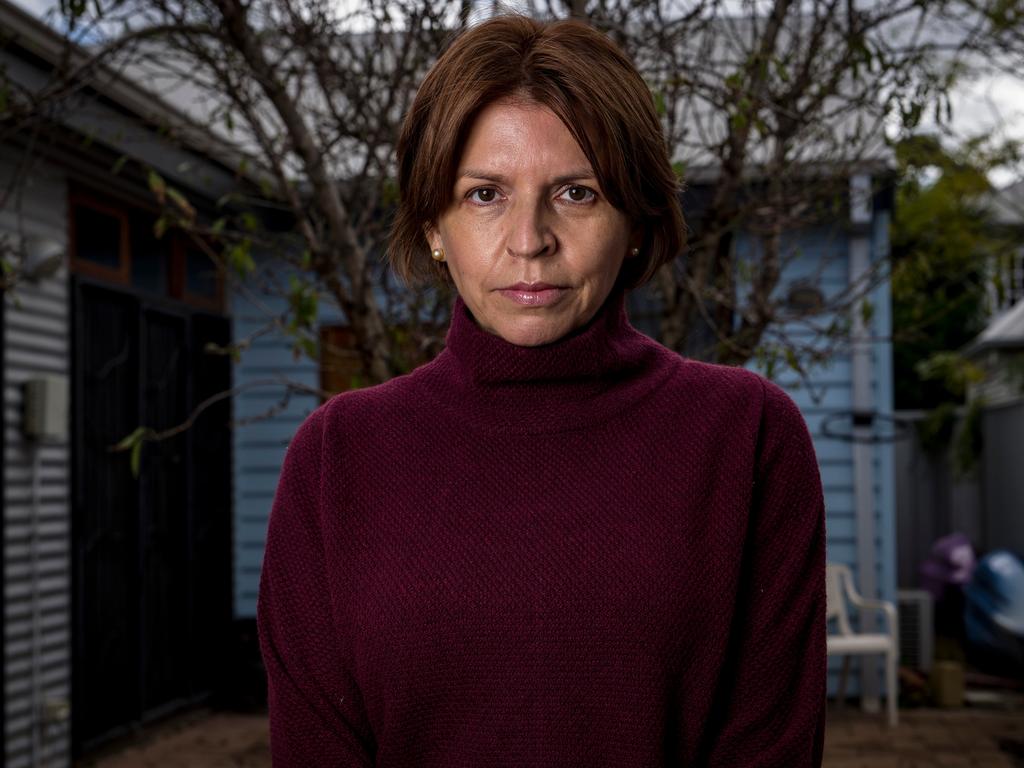

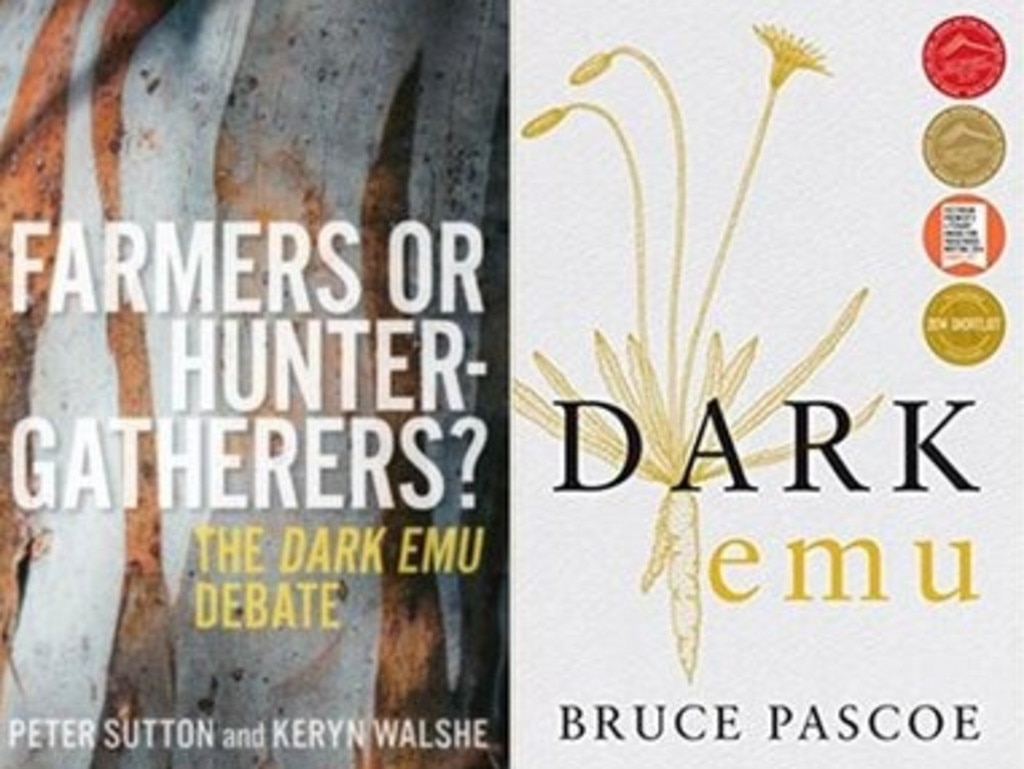
To join the conversation, please log in. Don't have an account? Register
Join the conversation, you are commenting as Logout